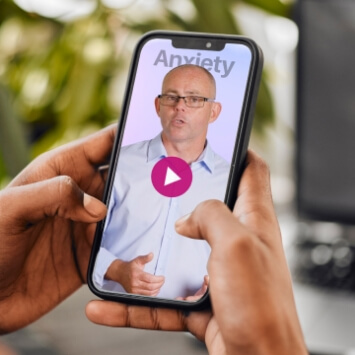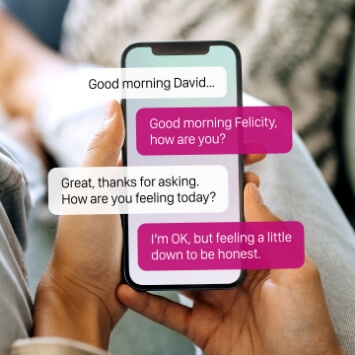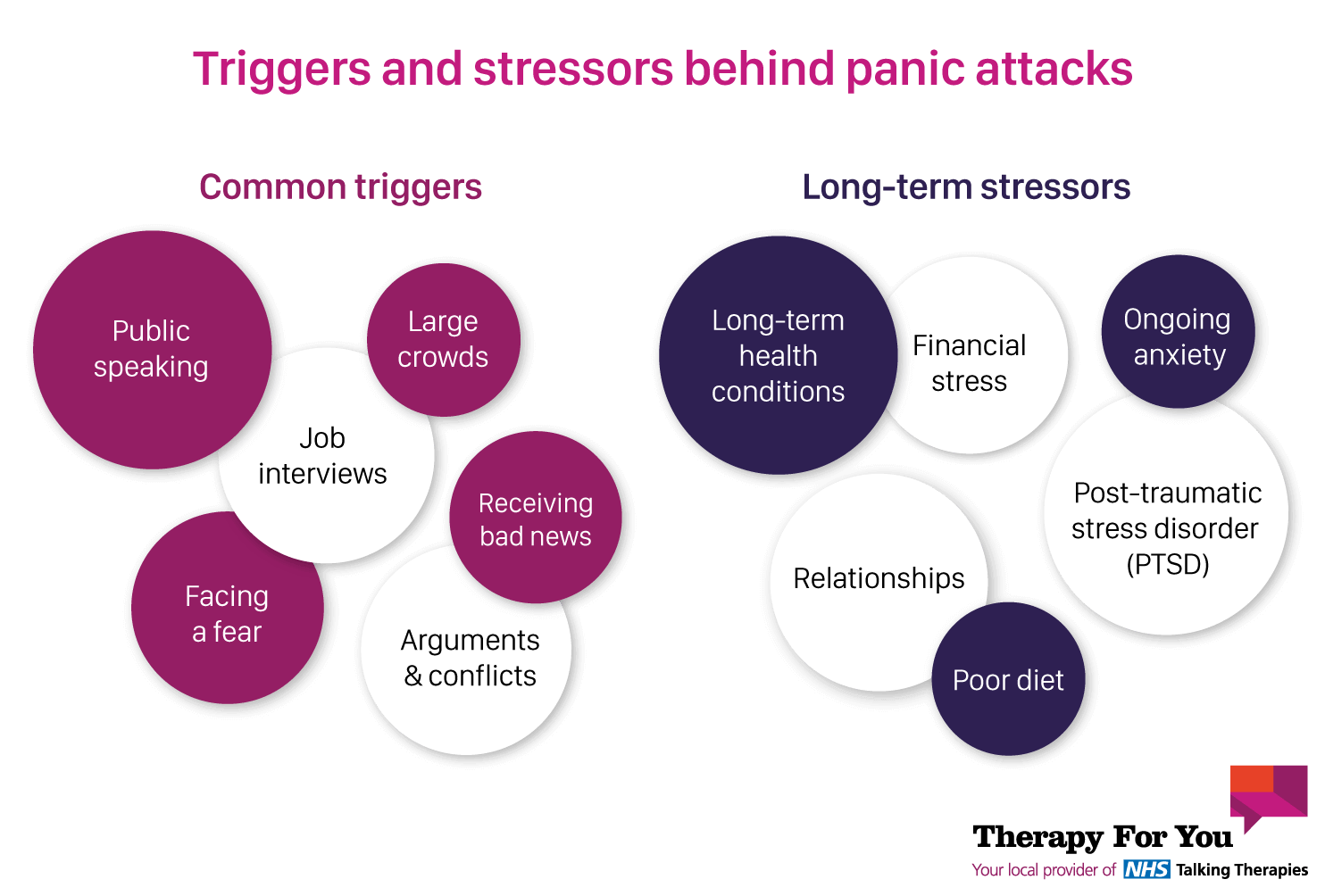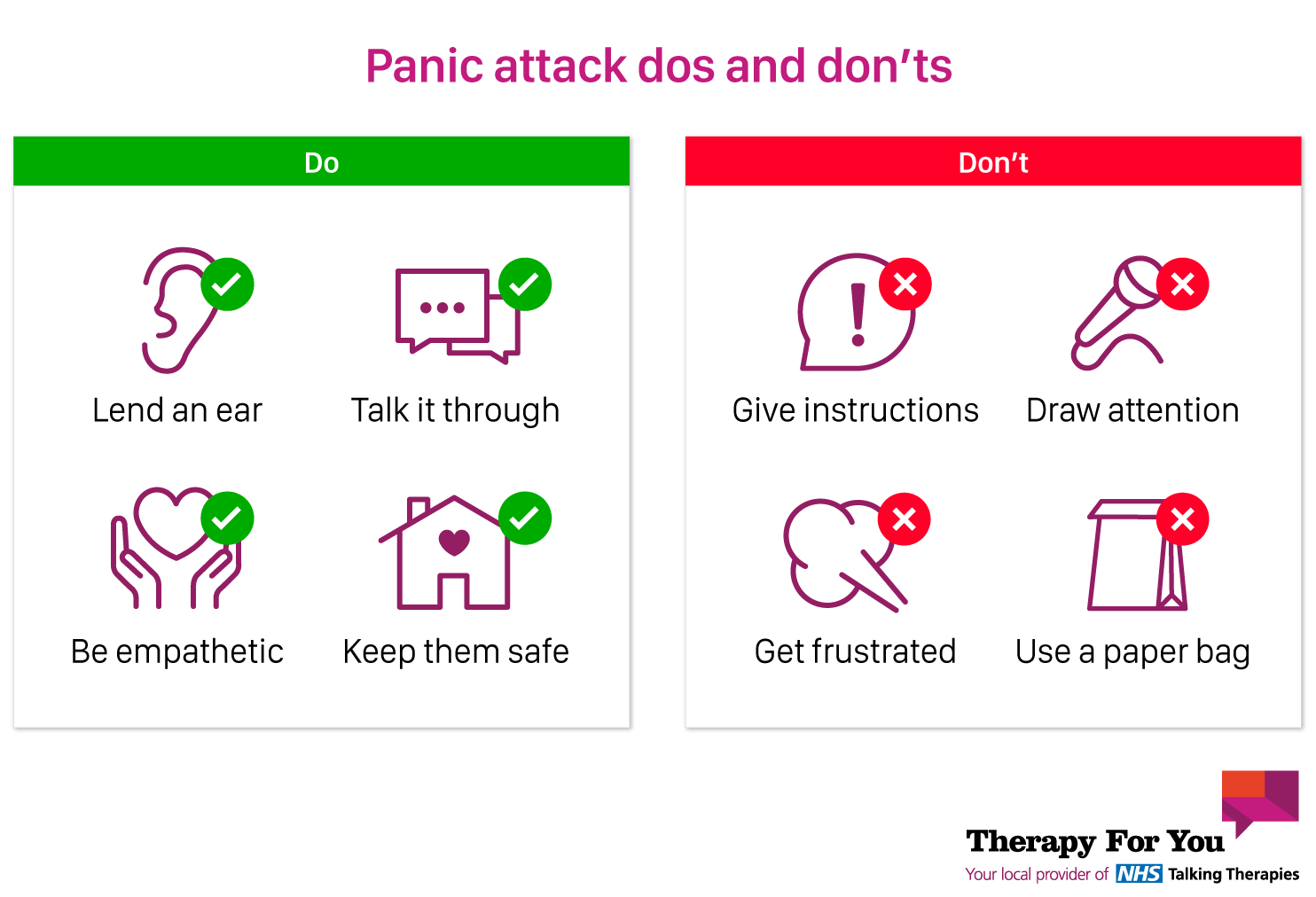Some therapists identify Panic Disorder as a condition in itself, while others prefer to view panic as a symptom of other issues.
It’s generally accepted that, while most people can experience a small number of panic attacks over the course of their lives and suffer no lasting ill-effects, people who continue to suffer from attacks on a regular basis and find that it impacts their life and work are said to be suffering from Panic Disorder.
When panic attacks become a regular feature in life, it’s not just the attacks themselves that cause difficulty. A patient’s wellbeing in the periods between attacks can also be affected in two ways; “anticipatory anxiety” and “phobic avoidance.”
Anticipatory anxiety is the fear of having a panic attack at any time. Having an ever-present fear of the onset of an attack affects the patient’s wellbeing, preventing them from feeling at ease and enjoying everything life has to offer.
Phobic avoidance is where the patient actively avoids places and circumstances that may have coincided with attacks in the past or that they suspect may trigger a future attack. In more severe cases, the mere suspicion that an attack may occur, or that a specific set of assurances are not in place, can cause great anxiety. In the most extreme cases, phobic avoidance can take the form of agoraphobia, where the patient isn’t able to leave their home.
If you feel you may be affected by Panic Disorder, or if you just need some panic attack help, you can get in touch to book a telephone assessment with one of our qualified therapists.











